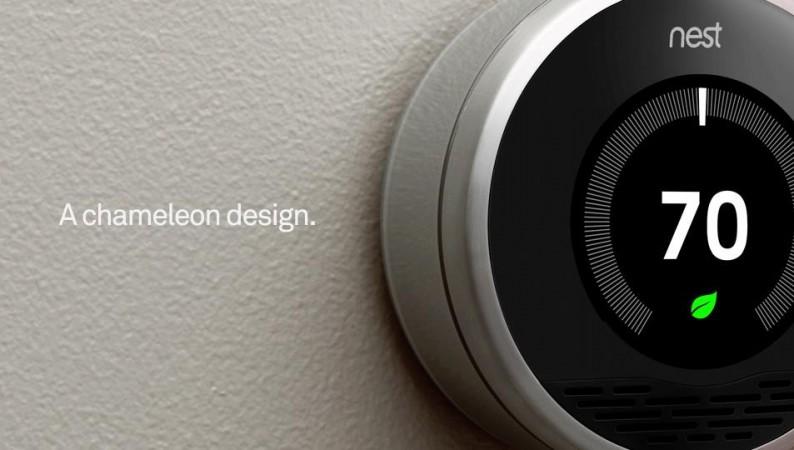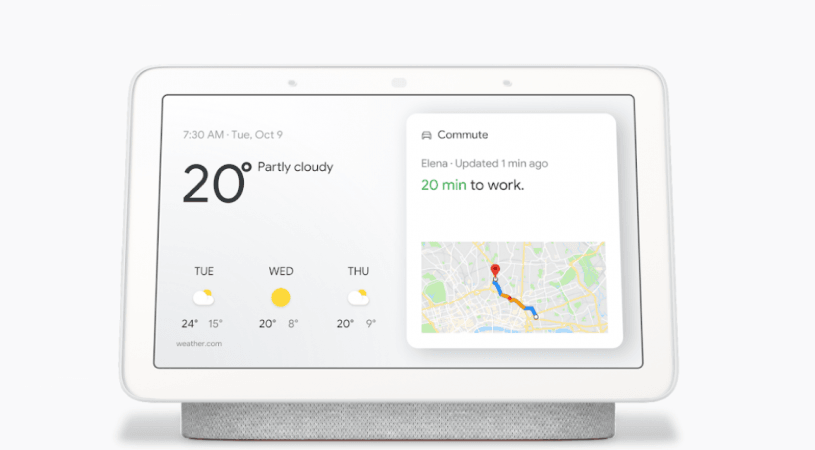IoT, short for Internet of Things, is no longer a buzz word. A lot of homes have been transformed into smart homes with the help of IoT devices from major players like Google's Nest, Amazon, August and the rest. But a US couple experienced their worst nightmare when their smart home setup got hacked.
Fox 6 News reported the bone-chilling incident that took place earlier this month. A Milwaukee (Wisconsin)-based couple, identified as Samantha and Lamont Westmoreland, shared their horrifying incident when a hacker took over their smart home and started talking to them via a camera in the kitchen. To make things worse, the hacker started playing vulgar music from the video system in the living room and also turned up the heat to 90 degrees Fahrenheit by controlling the thermostat.
For such incidents to happen in their own home, especially when the couple thought a smart home setup is safer, it is no less than someone breaking in, no less a breach of their privacy. Recalling the incident, Samantha said, "My heart was racing. I felt so violated at that point. It gives me the chills just talking about it."

The Westmoreland tried changing their passwords, but that didn't seem to help. Later, they got the network ID changed with the help of their ISP. But the couple wanted their story to set an example to highlight the perils of a smart home.
"People need to be educated and know that this is real, and this is happening, and it is super scary, and you don't realize it until it's actually happening to you," Samantha was quoted as saying.

The couple had installed the Nest system, comprising of camera, doorbell and thermostat, for $700 in 2018. In response to the incident, a Google spokesperson shared a statement on behalf of Nest, saying "Nest was not breached. These reports are based on customers using compromised passwords (exposed through breaches on other websites). In nearly all cases, two-factor verification eliminates this type of security risk."
In this digital age, where our lives are surrounded by connected devices, it is important to be smart. From choosing strong passwords to taking advantage of extra security layers, such as two-factor authentication, users must know how to prevent such attacks.




![Nothing to open its first global flagship store in THIS Indian city [details] Nothing to open its first global flagship store in THIS Indian city [details]](https://data1.ibtimes.co.in/en/full/827007/nothing-open-its-first-global-flagship-store-this-indian-city-details.png?w=220&h=135&l=50&t=40)











![Nothing to open its first global flagship store in THIS Indian city [details]](https://data1.ibtimes.co.in/en/full/827007/nothing-open-its-first-global-flagship-store-this-indian-city-details.png?w=220&h=135)
